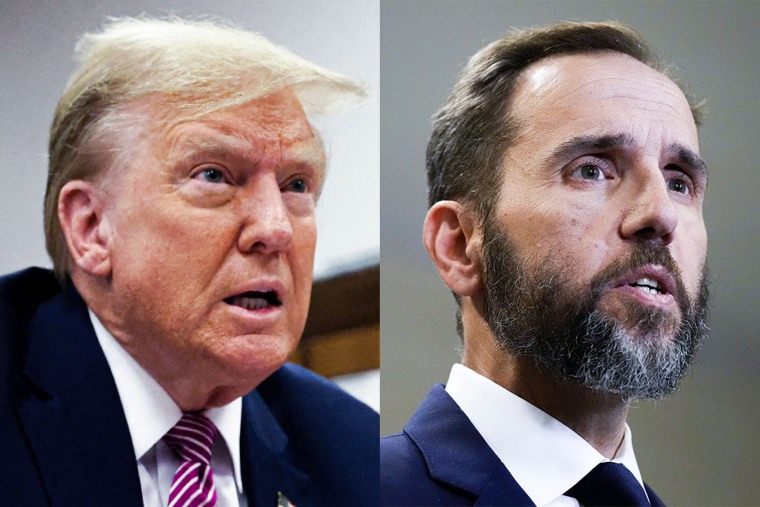
Title: Supreme Court Rules Former Presidents Have Absolute Immunity from Prosecution for Official Acts Taken While in Office
Lead: The US Supreme Court has ruled that former presidents are entitled to absolute immunity from prosecution for official acts taken while they were in office. This decision comes as the federal election interference case against Donald Trump is set to return to a lower court for further proceedings.
Facts and Background: On July 2, 2024, the US Supreme Court ruled that former presidents are entitled to absolute immunity from prosecution for official acts taken while they were in office. This decision means that the federal election interference case against Donald Trump will return to a lower court for further proceedings.
Prosecutors allege that Trump pressured officials to reverse the 2020 election result and sought to exploit the Capitol riot on January 6, 2021, in an effort to stay in power. The Supreme Court ruled 6-3, with Justice Sonia Sotomayor among those opposing the decision.
The landmark decision means that some actions closely related to a president's core duties are off-limits to prosecutors. However, former presidents have no immunity for unofficial acts.
Background Information: The US Supreme Court is the highest court in the United States and is responsible for interpreting the Constitution and federal law. The court consists of nine justices who are appointed by the President and confirmed by the Senate. The current Chief Justice is John Roberts, who was appointed by President George W. Bush in 2005.
The decision in Trump's case comes as he faces multiple investigations related to his business dealings and his actions leading up to and following the January 6, 2021, attack on the Capitol.
Conclusion: The Supreme Court's ruling that former presidents are entitled to absolute immunity for official acts taken while in office is a significant development in US law. The decision means that the federal election interference case against Donald Trump will return to a lower court for further proceedings, and some actions closely related to a president's core duties are off-limits to prosecutors.
Bias: It is important to note that this article does not express any bias towards any political ideology or individual. The purpose of this article is solely to provide factual information about the Supreme Court's ruling in Trump's election interference case.

